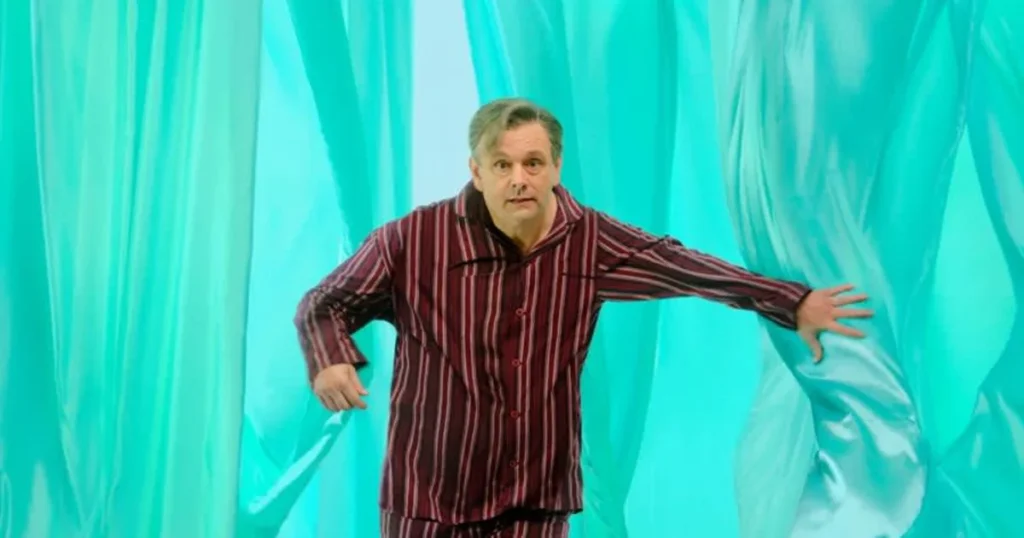John Osmond examines a new set of hierarchical distinctions in the British social milieu
The British obsession with their class system surfaced again this week, with an argument over exactly how many classes we have. A century ago we managed with just three – upper, middle and lower. As the years progressed this morphed into five, with the middle expanding, as it were, into upper and lower.
But now, according to the Great British Class Survey published by the BBC this week, we are divided into seven groups: Elite; Established Middle Class; Technical Middle Class; New Affluent Workers; Traditional Working Class; Emergent Service Workers; and Precariat – or Precarious Proletariat.
You can discover your own location within this constellation by logging on the site and completing a 20-minute questionnaire. In the interests of transparency I did the test and came out near the top, It seems I have greater financial resources than 92 per cent of the population (mainly because I own my own home and, being close to retirement, have accumulated a pension); a range of social relationships wider than 50 per cent of the population; and a cultural range broader than 90 per cent of the population.
What does all this mean? Certainly, it tells us that the old definitions of class – iconically satirised by John Cleese, Ronnie Barker and Ronnie Corbett in the sixties – have become much more complicated. The working, middle and upper class stereotypes that predominated in the first half of the 20th Century now account for fewer than 40 per cent of the population.
Beyond this, all it confirms, it seems to me, is a continuing British obsession with class relationships. But is this an English rather than British obsession? This is how the columnist James Delingpole (a libertarian conservative – his description – educated at Malvern College and Christ Church, Oxford, who describes himself as upper middle – “lower, fake, poseur, scumbag, upper middle, to be precise”) put it in the Telegraph yesterday:
“…what the study doesn’t capture (how could it possibly? it would be the work of several lifetimes) is the degree to which, even in post‑Blair Britain, so many of us continue to eat, breathe, speak, work, play, dream, dress, make love and live every last detail of our lives in ways defined by an invisible code that no foreigner could ever hope to comprehend but which we all understand perfectly.
“Let me give you one example of how obscure these nuances get. Waitrose is posher than Sainsbury’s; Sainsbury’s is posher than Tesco. But if you’re really über-posh you’re just as likely to go to bargain basement Aldi a) because if you’re really posh, you’re probably also asset-rich and cash-poor and b) because you’re so confident of your social status that you don’t need to show off, like lower-middle-class people do, by paying too much for your groceries at Waitrose.”
So in 2013 in England, at any rate, class consciousness is alive and extremely well. But do we share these attitudes in Wales, or for that matter in Scotland and Ireland? Well, undoubtedly some of us do – although, generally speaking we don’t have the supermarket range as in England. However, most of us are far more nuanced in our approach to identity. This is because, for us a sense of place trumps a sense of class. This was brought home to me back in the 1980s when I produced The Divided Kingdom, a series of television programmes for Channel 4 that examined the inter-relationship of identities across the whole of the United Kingdom.
How do you present such a conceptual notion on television? We came up with the idea of identifying four representative personalities in each of the four territories. Each would visit another’s patch and debate what they found. We found it relatively easy to find such characters in Wales, Northern Ireland and Scotland. However, England was a different matter. To begin with the English people we lighted on were not especially enthusiastic to talk about their Englishness, which in itself was a reflection of their identity. We went through four or five possibilities, with some first agreeing to take part and then withdrawing.
In the end the way we got round the problem was by acknowledging that, given its complexity, a single person would not agree to reflect the essence of Englishness. Instead we had recourse to two spokespeople, Beatrix Campbell the radical writer from northern England, and the late Julian Critchley, Conservative MP for Aldershot, who represented southern England.
In Scotland we found Margo MacDonald, a former SNP MP and today an independent Member of the Scottish Parliament. Northern Ireland was represented by the late A.T.Q Stewart, a Reader in History at Queens University, of Presbyterian background and described as Northern Ireland’s leading public intellectual during the Troubles. He was the author of a number of important books on the identity dilemmas of the Province, including The Narrow Ground: Patterns of Ulster History (1977).
In Wales we chose Kim Howells who had recently become prominent during the 1984-5 miners strike. In the course of the dispute government legal action against the NUM and its assets, known as sequestration, bizarrely extended to preventing leaders of the union being interviewed on the media. This flouting of free speech did not extend as far down the ranks as the Research Officer of the South Wales NUM, with the result that Kim became a regular figure on the BBC’s Newsnight and other programmes. His engaging, articulate Valleys presence, coupled with the reasonableness of his arguments that infuriated spokespeople on the other side, had turned him almost overnight into a celebrity in Wales.
In the opening programme of the series we asked our presenters to talk first of all about themselves and their own sense of identity. It was telling that those from Scotland, Northern Ireland, and Wales all followed a similar path, describing their relationship with the territory where they were from. Margo Macdonald took us up in a helicopter so we could see the broad sweep of Scotland, from the Firth of Clyde in the west to the Firth of Forth in the east. “This is my country,” she said.
A.T.Q. Stewart took us to the seaside town of Donaghadee on the Ards Peninsula east of Belfast where he had spent a good deal of time as a boy. He recalled going to sleep at night to the booming sound of foghorns. Kim Howells took us rock climbing on Dinas Rock in the Neath Valley. He told us that he identified first and foremost with the land of Wales, with the feel of the rock in his hands and under his feet, and how climbing had led him to discover the mountains of Snowdonia as well as his own southern Valleys.
All of this seemed pretty straightforward. But when we came to the English presenters it was entirely different. Beatrix Campbell took us to Carlisle where she was brought up and insisted we film in a council estate on the outskirts of the town. Her family had moved there when she was four or five from a two-room flat nearer the centre of town. At the time it had been a liberating experience. “But look at it now,” she said. “Its everything, and nothing.”
Julian Critchley took us to a village in Shropshire where he had been evacuated to live with his grandparents during World War II. He showed us the primary school where he had been sent and where, he said, he had been beaten up by the other boys because of his London accent. “Very quickly I discovered a Shropshire burr,” he said. But later, when he was sent to Shrewsbury’s public school he was beaten up again, this time because of his Shropshire accent.
So for our English presenters rather than land or territory being at the core of the their identity, and in contradistinction to what we found in Wales, Scotland, and Northern Ireland, a sense of class relationships came first. That was in the 1980s. It seems the same holds true more than 20 years later.






Comments are closed.